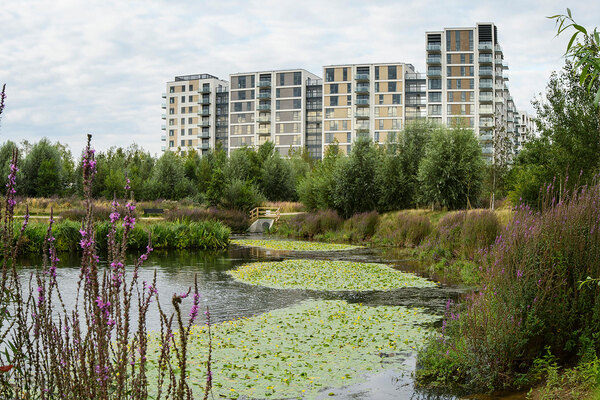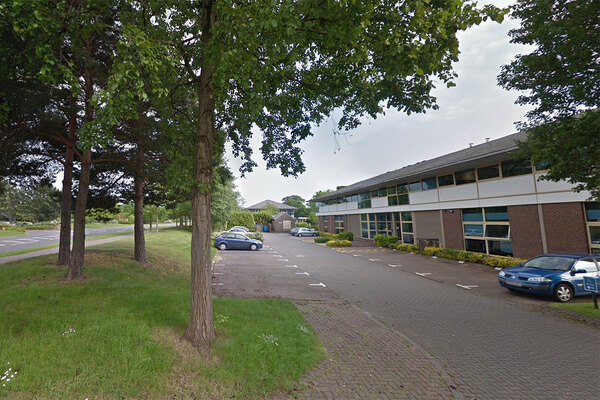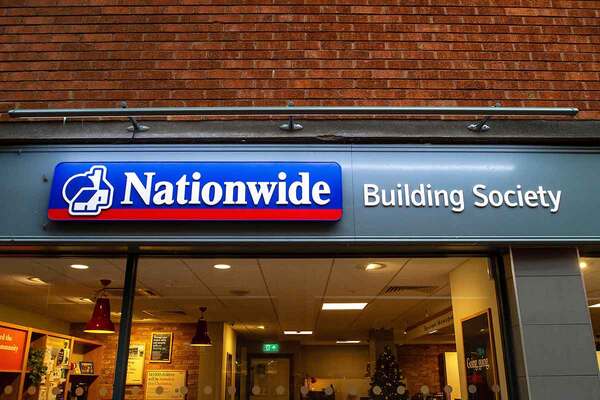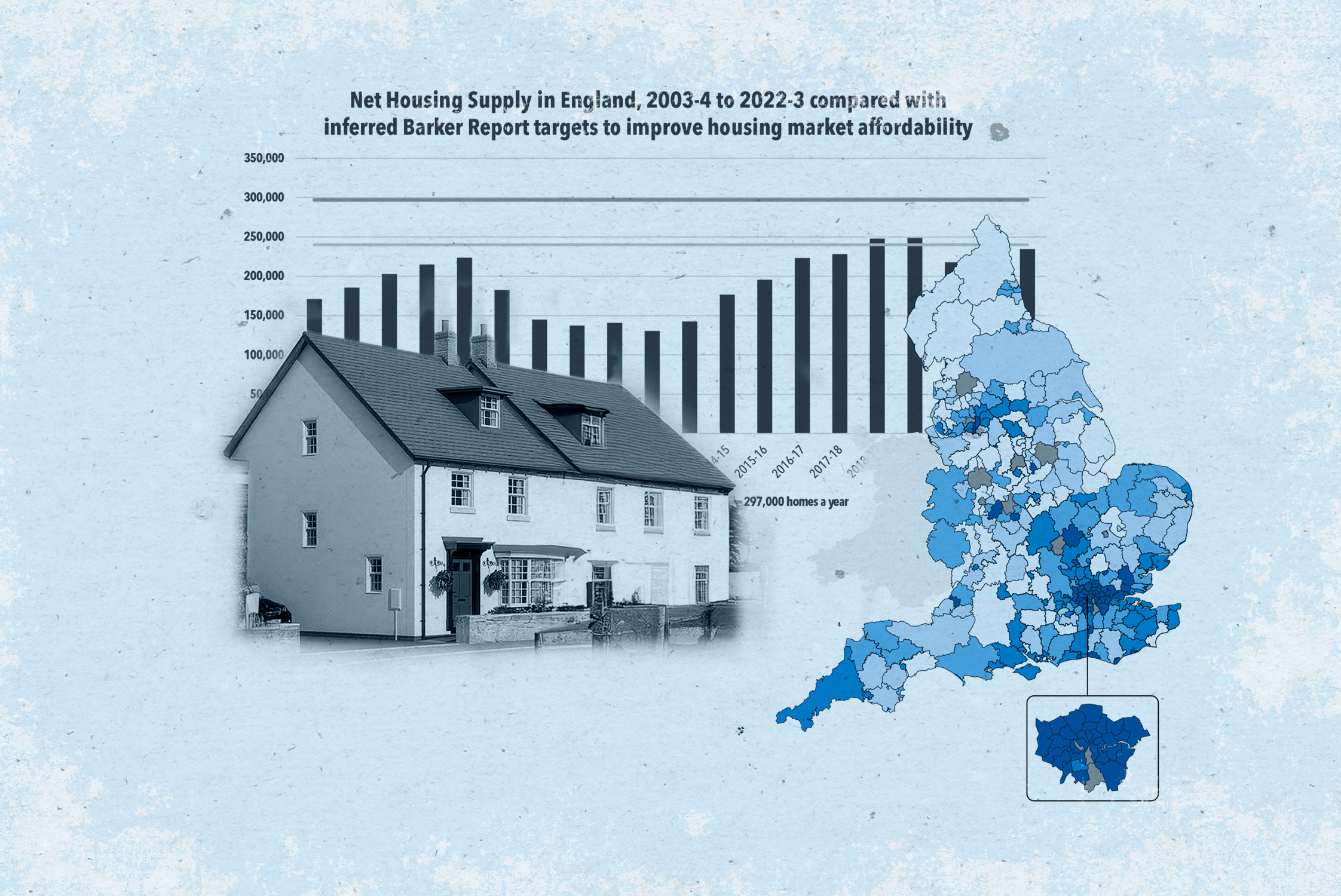More than three-quarters of funders to the sector believe the SRS has improved ESG reporting
A survey has found that 77% of funders believe the Sustainability Reporting Standard (SRS) has led to better and more useful information to assess environmental, social and governance (ESG) performance in the sector.
The findings were revealed as part of the annual review of the SRS for social housing, which provides a framework to help housing providers to report on their ESG performance in a transparent, consistent and comparable way.
Since the SRS was created in 2020, a key aim has been to drive improvements on ESG performance.
The third annual review, which gathered responses from 98 housing providers and funders, found that progress is also being made on this front, with improvements in areas such as energy efficiency and equal pay.
It found that 74% of housing providers found it easy or very easy to report against the SRS, with a fifth of providers finding the process easier the second or third time around.
A total of 58% of housing providers are using the SRS to benchmark their ESG performance against their peers to at least some extent.
At the same time, close to half of housing providers (44%) and almost all funders (92%) agree that the development of ESG reports has led housing providers to do things that they otherwise would not have done or to accelerate their implementation of planned actions, such as to create sustainability strategies and set ESG-related targets.
Brendan Sarsfield, chair of Sustainability for Housing (SfH), which manages the SRS, said: “We are incredibly proud of the progress our adopters have made in enhancing their ESG performance.
“The increase in energy-efficient homes and the continued delivery of affordable housing are testaments to the sector’s resilience and commitment to sustainability.
“The SRS has become an essential tool for driving positive change and fostering transparency. SfH looks forward to continuing our work with housing providers to build a more sustainable and equitable future.”
Since the SRS was launched, it has attracted 157 adopters, responsible for approximately 2.4 million homes across the UK. This includes 120 housing providers and 37 funders, managing assets worth more than £1tn.
Just last month, Mr Sarsfield, a former chief executive of Peabody, revealed he will step down as chair of SfH later this year.
Version 2.0 of the SRS was updated last year with additional specific questions aimed at improving transparency around how adopters are dealing with the issues of damp and mould.
Sign up for our development and finance newsletter
Already have an account? Click here to manage your newsletters












